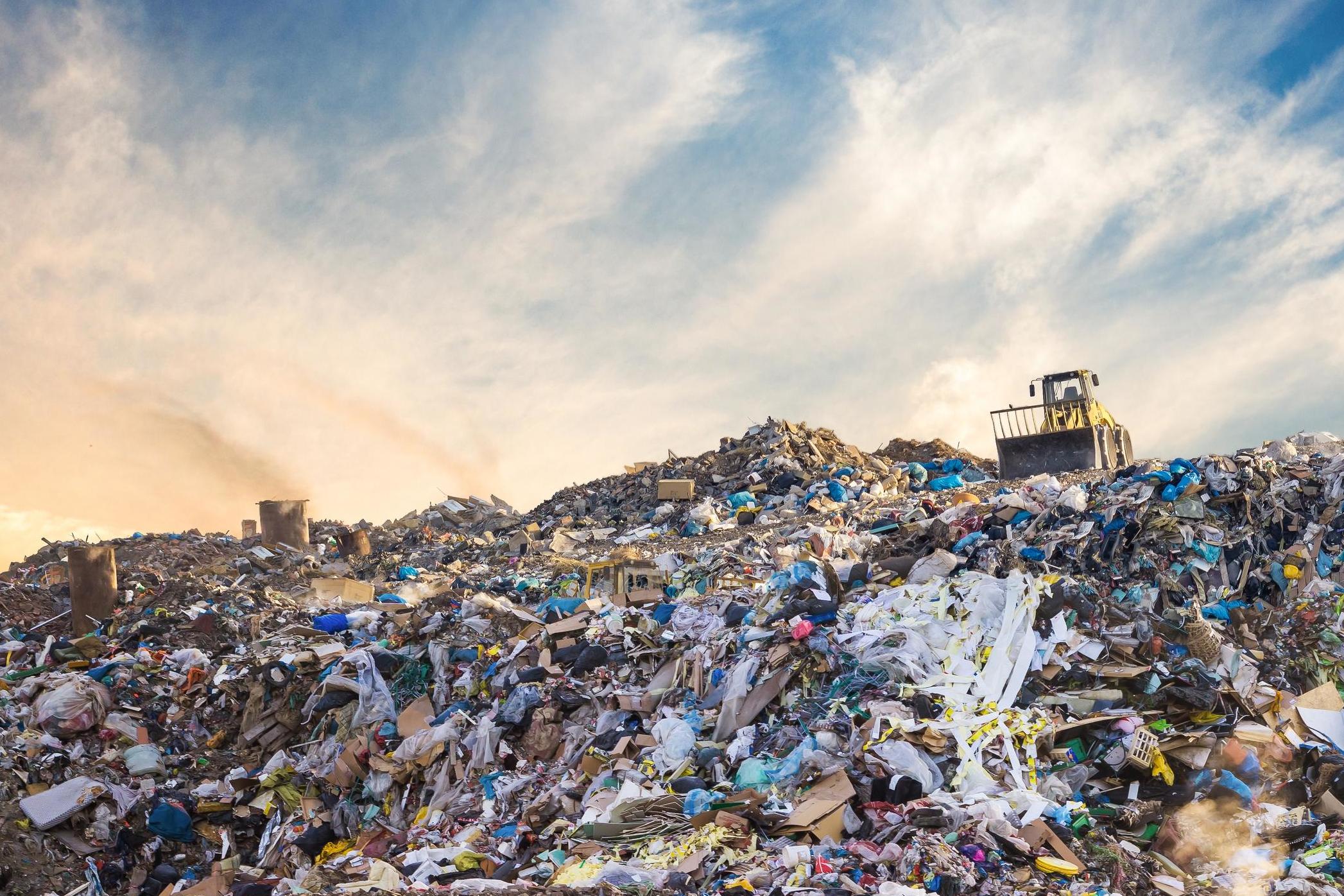Why the performance of the chiefs of fast fashion before MPs made me shiver in my clothes
Poverty pay, environmental destruction, clothes dumped in landfill, the problems created by the modern rag trade are many

The bricks and mortar clothes retailers appearing before the Parliamentary Environmental Audit Committee's inquiry into fast fashion were Primark, the seller of £2 t-shirts, Burberry, which recently announced plans to stop burning excess stock, presumably including tees sold at 50 times that, Sir Philip Green’s Arcadia and M&S.
They all sent along people bearing some kind of responsibility for the ethics of the businesses that employ them. They were smartly dressed, well spoken and polished, as one might expect.
Apart, that is, from Sir Philip’s man Jamie Beck, who had a bit of the air of rag trade rough about him, and at several points gave the impression that he didn’t think much of the proceedings or the honourable members holding them. That was most obvious at the outset, when he was asked about what it was like working for Sir Philip, whose management style has been generating quite a few negative headlines of late. Beck, the head of supplier management for Arcadia Group, declined to answer. He said he hadn’t been called to answer questions about that.
For all I know he might secretly be a member of Earth First, prepared to take on his belligerent boss in a bid to save the planet from the brutal depredations fast fashion is inflicting upon it.
But if I’m right about him, and he didn’t think much of what was going on, maybe he was being a bit more honest than his fellows.
What we heard, and saw, from them were an awful lot of crocodile tears. The same was true of the internet retailers who appeared for the second session, the CEOs of ASOS, BooHoo and a bloke Missguided’s Lamborghini driving wunderkind Nitin Passi sent along as the ‘most appropriate person’ to answer questions about the business that he didn’t want to answer himself.
All of them served up variations on them theme of yes, we’re really concerned about these issues you raise. We collectively need to be better. We have this initiative and that initiative. We don’t like modern slavery or sweatshops and we’re signed up to this voluntary code of conduct, and that voluntary code of conduct. We’re working hard to do less damage to the Earth.
At one stage the silky smooth Mike Barry, who bears the title Director of Sustainable Business for Marks & Spencer, said he wouldn’t object to legislation to hurry things along.
But he must know full well that’s about as likely with Michael Gove in as Environment Secretary as the latter’s Brexiteer buddy Jacob Rees-Mogg saying, “you know what, I’ve looked at the evidence and I think we might want to rethink this EU exit thing”.
I listened to nearly the whole thing and by the end I was looking at my clothes and shivering. None of them were bought from any of the retailers that appeared. But the problems with the garment industry are so many and so varied it doesn’t really matter. It’s hard to find the good guys among the big names most of us use.
In doing so, we support an industry that indulges poverty pay for the people that make their products, the destructiveness of burning excess stock, business models set up to facilitate people who wear things once, put them up on Instagram, and then chuck their purchases away for dumping in landfill. If they even wear them.
Those business models can be appallingly profitable.
So what to do about the damage they are causing? Given the sclerotic nature of government at the best of times, perhaps the best place to start is with the committee making as much fuss as it can, and the media latching on to it.
ASOS CEO Nick Beighton said the risk facing the industry was consumers, especially young consumers, getting fed up with the way it conducts itself and keeping their cash in their pockets. He went on to highlight another of those initiatives, off cuts from a factory in Kenya making toys, even sanitary products.
That’s a good idea. But it’s not enough. It’s not nearly enough and it will likely take the consumer rebellion Beighton fears to bring about meaningful change. The Committee's hearings could help push that along. We need them to.
Join our commenting forum
Join thought-provoking conversations, follow other Independent readers and see their replies
Comments